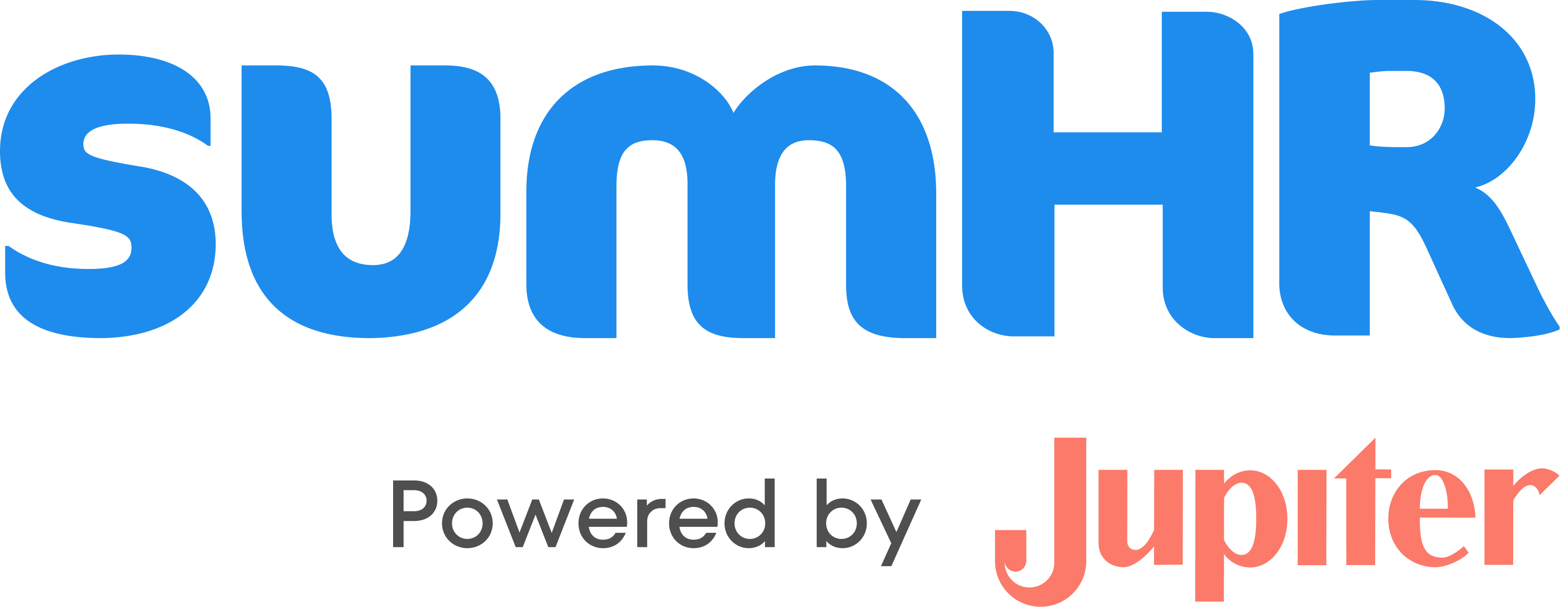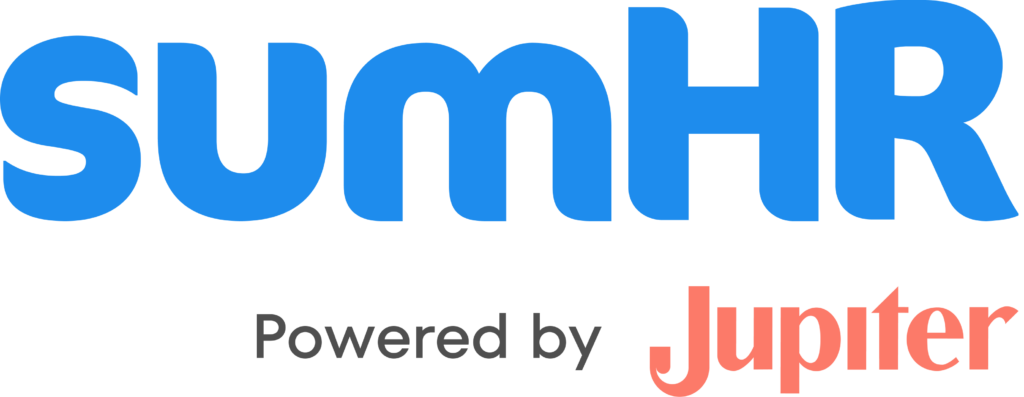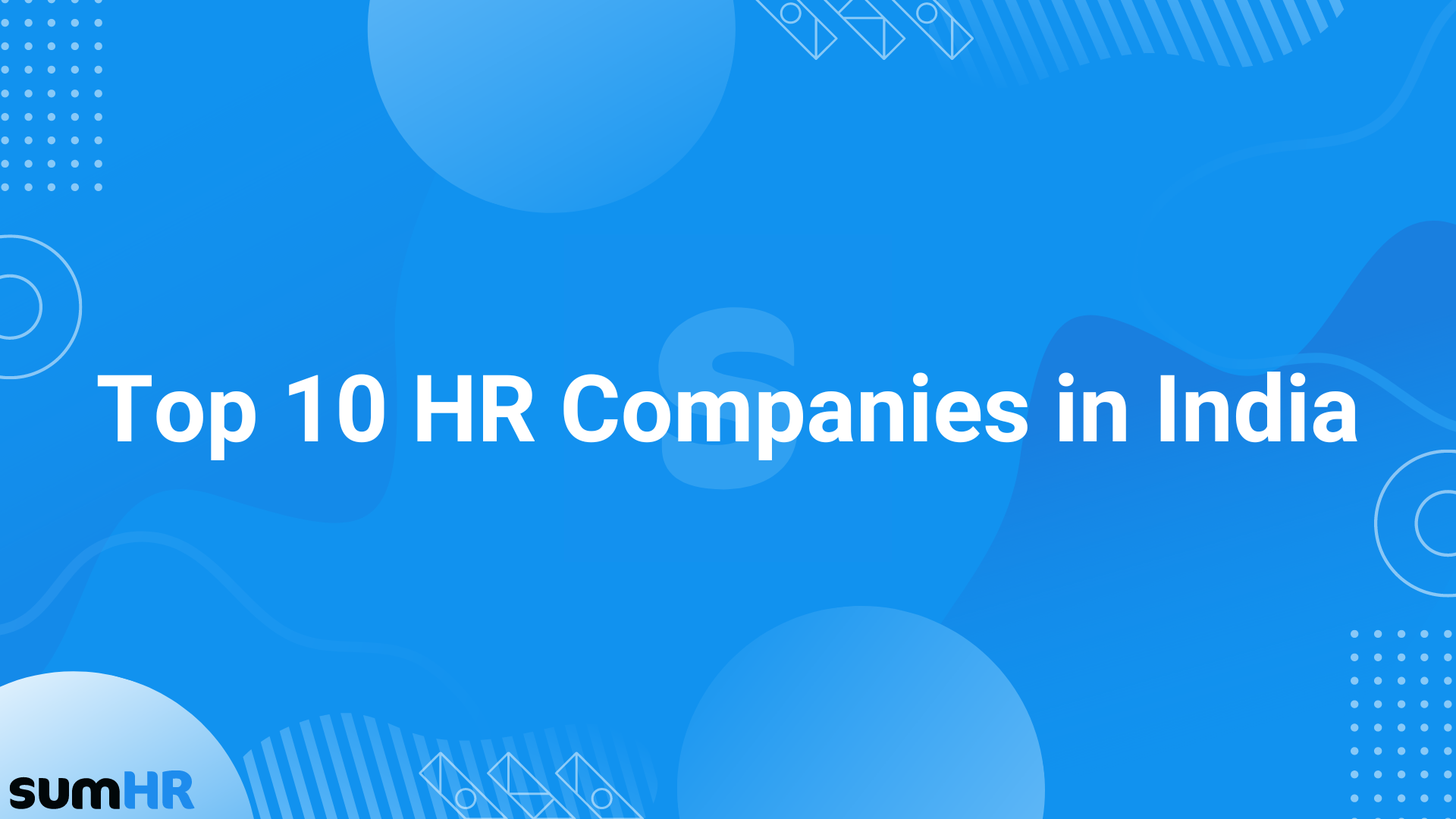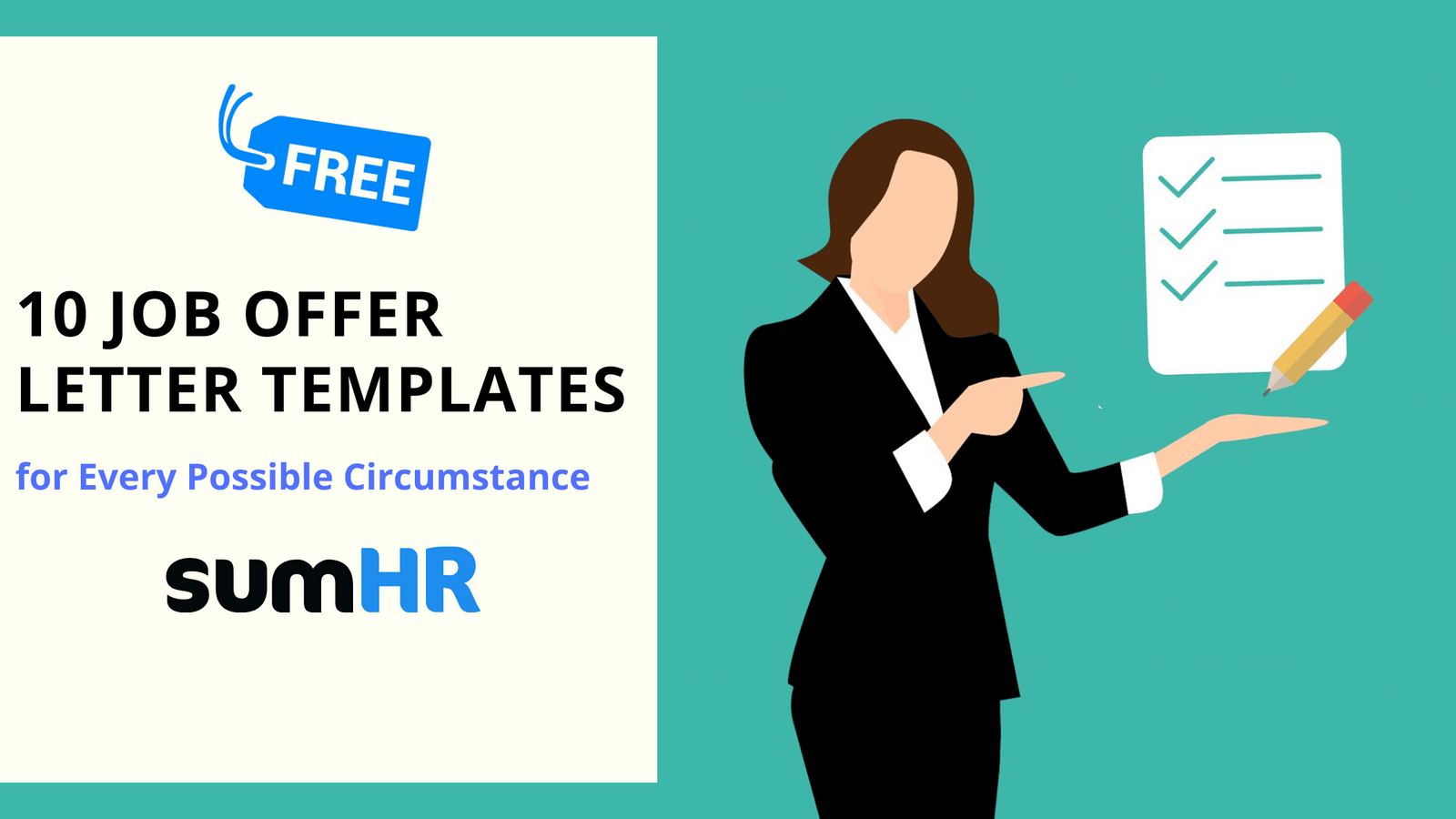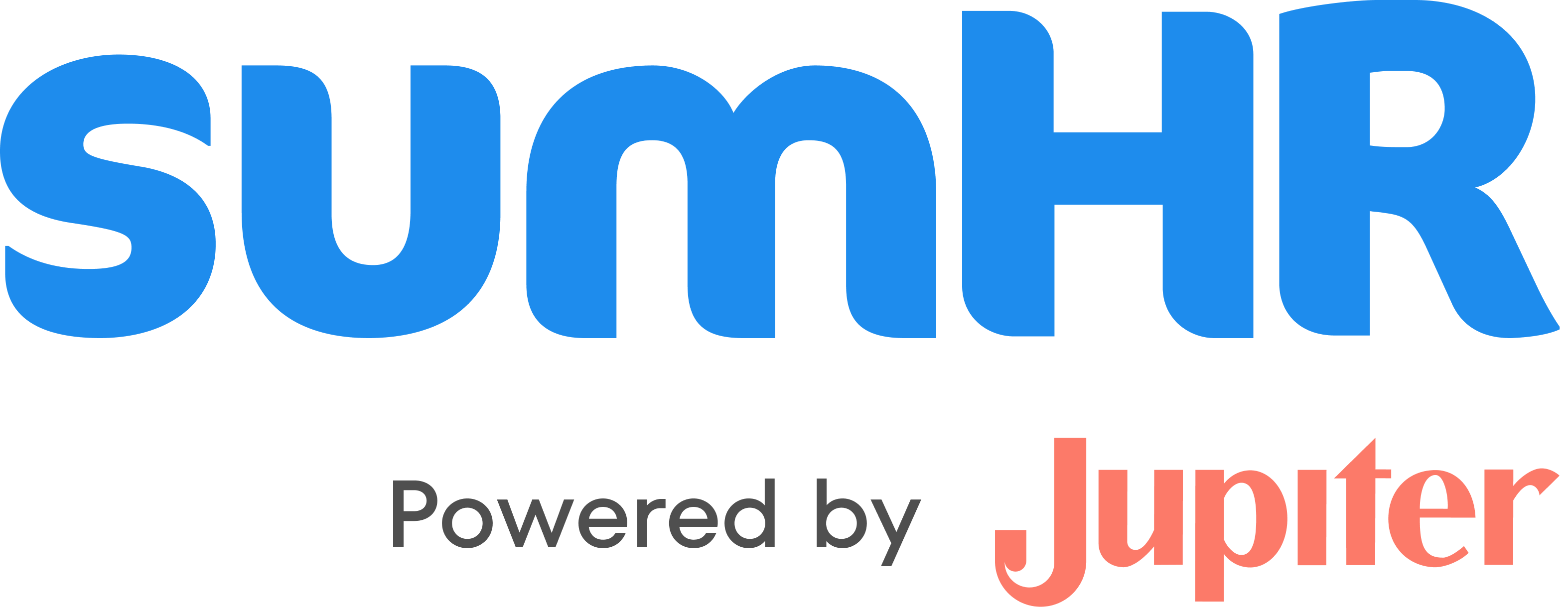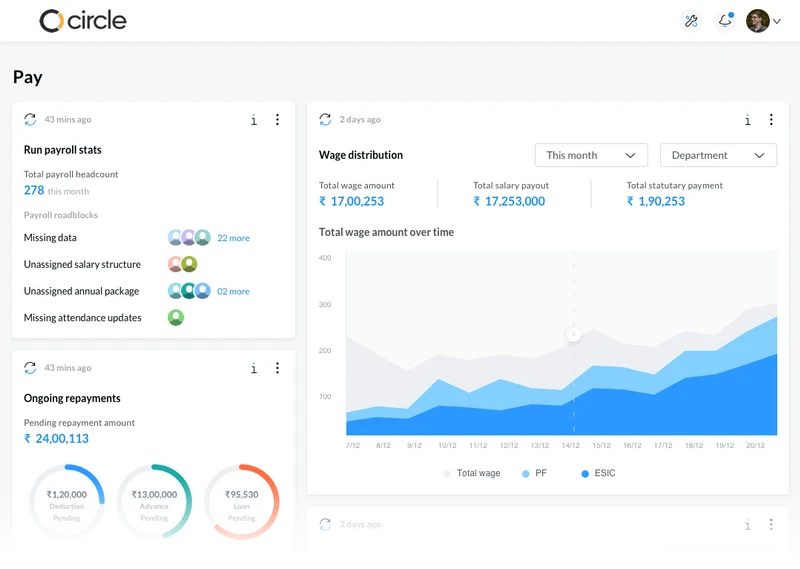Job interviews can be challenging and stressful, especially if you are a young professional fresh out of college. Indeed, being inexperienced can create problems for you right away because many employers are looking for candidates with experience. Furthermore, this might be your first time going to a job interview, making you quite nervous.
Nevertheless, it’s crucial to remember that most people have to go through this hiring process. That’s why you can do some research and find resources on how you can make the most out of your job hunting. However, you might forget to ask tough questions yourself during the future interviews you go to. Hence, here are the top seven thoughtful questions college students should ask employers during interviews.
Why should you ask a list of questions?
First and foremost, you should understand why asking questions during the interview process is essential for you, both as a college student and later in life once you become more experienced. These sample questions are meant to show your interest in the company and the job position and help you get more information from the inside.
Compared to a simple job description, your potential employers can give you a much better idea of the job and the company management style. Moreover, you need to think ahead and find out which challenges the company is facing, how it plans to expand, and your career growth opportunities, among other things.
1. Could you tell me more about the job?
Perhaps the most common interview question you should start from is “Could you tell me more about the job?” However, you can make the situational interview question more specific and ask about your responsibilities, day-to-day duties, quotas you should meet (daily, weekly, monthly, quarterly, annually), people you will be working with, and so on. In other words, this is your chance to find out what the job will be like and the scope of professional development way before your actual career advancement.
This exact question is probably one of the most important ones because it will help you weigh all the advantages and disadvantages of the job position before you decide to accept it. If you don’t ask this question and make sure to get as many details as possible, like questions about salary, you might end up at a job you don’t enjoy. Of course, many other factors could impact how much you like your job, but the basics, such as your duties and objectives, are still at their core.
Examine the job description beforehand and note any details that seem confusing. Then, you can ask the interviewer to expand on them and explain what is expected from you. Moreover, by knowing what you will be doing daily, you can better understand which communication skills, knowledge, and soft skills you need to perform these tasks.
2. What would an ideal candidate for this job position be like?
For example, you can ask intelligent questions like “What are the most important qualities someone should have to excel in this position?” or “What are the expectations for this role?” In all three cases, you are trying to get to the core of what the interviewer is looking for.
Ellie-Rose Tillman, an expert from the custom paper writing service reviews site, says, “You need to remember that you won’t always be the right fit for a position you are pursuing. Likewise, this doesn’t mean it will be a useless experience if you don’t get the job in the end. It’s still valuable knowledge you can use for your other interviews.”
Indeed, if you find out who the company is looking for and you are not that person, you can prepare for the future and start learning the organizational skills and getting the experience you would need to get a position like this. In addition to that, while you are being interviewed, in both physical and virtual interviews, you can better present yourself as the right person for the job if you know what the company is looking for in your spare time.
3. What is it like working at your company?
The next question you can ask is, “What is it like working at your company?” While this may seem like a question that mirrors the first one, the two are vastly different. The first question is directly related to your job and yourself. This question is more about the big picture of professional achievement. It’s about company culture, your potential colleagues and seniors, and so on.
It’s good to break up this question into smaller ones to focus on more specific things. For example, you can start with company culture. You want to be comfortable with the company’s dynamics you might have to work at to not feel out of place. Everything from how the workspace is set up (office, coworking space, working remotely) to how the seniors communicate with junior employees can impact company culture and team dynamics.
Likewise, it’s a good idea to ask for the interviewer’s personal experience working at the company. What do they enjoy? Why do they like working for this particular company? These things matter for you because they can give you a subjective (yet still valuable) look inside the company that could guide your ultimate decision when you accept or reject the job (if you get the position). Creating direct reports helps assess

4. What are your companys objectives and challenges?
While this fundamental question may sound a bit intrusive, it’s still essential to ask. “What are your company’s objectives and challenges?”. Moreover, this question can help you understand how the company plans to expand and the relevant experience required to grow in the nearest future. After all, every successful business must have goals of some kind.
Of course, not every interviewer will know enough about the company’s inner workings to give you a clear answer, but you might still get some valuable information. For example, you can ask the interviewer about their personal opinion on where the company is headed in the next several years. This will shift the focus on the interviewer’s subjective feelings and thoughts, but it will still help you decide whether you want to work at the company longer.
On the other hand, you should also ask personal questions about the company’s challenges. This will help you get an idea about the company’s well-being and whether there is any risk of bankruptcy or other disasters. Likewise, if there are some issues within the company, you might be able to solve them – and that’s exactly something that could land you the job in the end.
5. Who are your biggest competitors on the job market?
Now, this broad question ties up with the previous one. “Who are your biggest competitors on the market?” is meant to help you identify the challenges the company could be facing. However, it’s also a way for you to find out the current power dynamic in the industry (or this particular niche).
More often than not, you will want to do your research before the interview to find out as much as possible about the company you applied to work for. But an insider’s words might paint a completely different picture from the one you already have with the information you possess. If another company could give you better opportunities, you might want to apply for it instead of this one.
6. What are my opportunities at Career Growth at your company?
Speaking of opportunities, another valuable question you can ask is, “What are my opportunities for career growth at your company?” More specifically, you should ask about such opportunities in your position. Because while other employees might have more chances to grow career-wise, your position might end up limiting you in the future.
Fred Gentry, an expert from the writing services review site, explains, “When you ask the interviewer about career growth opportunities, you show them that you are planning to stay at the company to grow with it. But, at the same time, it’s a chance for you to find out whether you can do that at all. If you can’t, or there are limited options, you might want to reconsider this position.”
7. What are my next steps after the interview?
Last but not least, make sure to end the interview by asking, “What are my next steps after the interview?” Just like some of the questions listed above, this one shows your interest in the job position and willingness to complete the following steps to get this role. Likewise, it’s a way for you to possibly get ahead of other candidates.
Most of the time, you will receive an answer along the lines of “We’ll get in touch with you.” If that’s the case, make sure to send a follow-up email that day. Thank the interviewer, remind them that you are ready to proceed with the following steps, and add that you are looking forward to their reply.

Final Thoughts
The bottom line is that nothing is terrifying about interviews, and once you realize that, you can learn how to ace them. Of course, you might be somewhat nervous when you first start going to interviews, but you will probably get used to the process after a while.
Similarly, don’t forget to ask questions during these interviews. You might be the one being interviewed, but you still have a right to ask the interviewer about things that will directly affect your work (if you get the job). Use this article to help you get started and make a list of your questions to ask during interviews.
